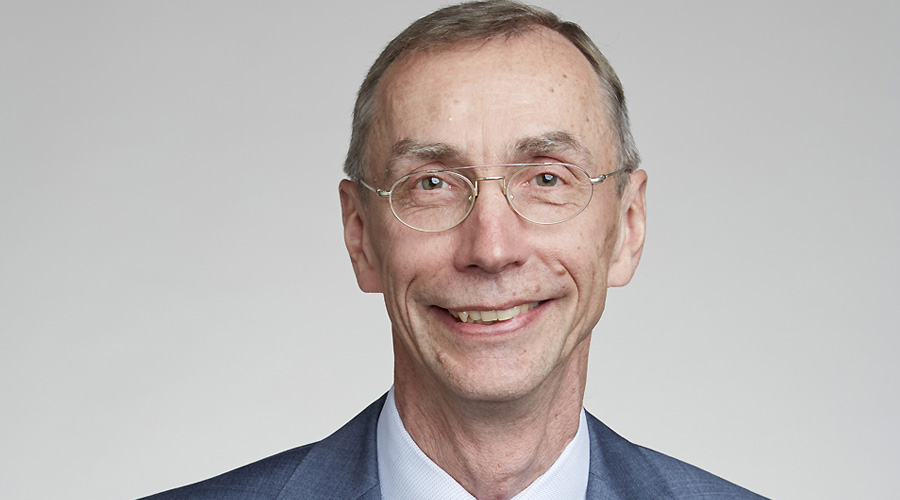Swedish scientist Svante Paabo won this year's Nobel Prize in medicine Monday for his discoveries on human evolution that provided key insights into our immune system and what makes us unique compared with our extinct cousins, the award's panel said.
Paabo has spearheaded the development of new techniques that allowed researchers to compare the genome of modern humans and that of other hominins the Neanderthals and Denisovans.
Svante Paabo's groundbreaking discoveries have provided important new knowledge regarding our evolutionary history, said Anna Wedell, chair of the Nobel Committee.
While Neanderthal bones were first discovered in the mid-19th century, only by unlocking their DNA often referred to as the code of life have scientists been able to fully understand the links between species.
This included the time when modern humans and Neanderthals diverged as a species, determined to be around 800,000 years ago,
Paabo and his team also surprisingly found that gene flow had occurred from Neanderthals to Homo sapiens, demonstrating that they had children together during periods of co-existence," Wedell said.
This transfer of genes between hominin species affects how the immune system of modern humans reacts to infections, such as the coronavirus. People outside Africa have 1-2% of Neanderthal genes.
Paabo and his team also managed to extract DNA from a tiny finger bone found in a cave in Siberia, leading to the recognition of a new species of ancient humans they called Denisovans.
Wedell described this as a sensational discovery that subsequently showed Neanderthals and Denisovan to be sister groups which split from each other around 600,000 years ago.
Denisovan genes have been found in up to 6% of modern humans in Asia and Southeast Asia, indicating that interbreeding occurred there too.
By mixing with them after migrating out of Africa, homo sapiens picked up sequences that improved their chances to survive in their new environments, said Wedell. For example, Tibetans share a gene with Denisovans that helps them adapt to the high altitude.
We already know that it affects our defenses against different types of infections for instance, or how we can cope with high altitude, said Nils-Goran Larsson, a member of the Nobel panel. "But like all great discoveries in basic science, more and more insights will come over the next decades.
Paabo, 67, performed his prizewinning studies in Germany at the University of Munich and at the Max Planck Institute for Evolutionary Anthropology in Leipzig.
Paabo is the son of Sune Bergstrom, who won the Nobel prize in medicine in 1982.
The medicine prize kicked off a week of Nobel Prize announcements. It continues Tuesday with the physics prize, with chemistry on Wednesday and literature on Thursday.
The 2022 Nobel Peace Prize will be announced on Friday and the economics award on Oct. 10.
Last year's medicine recipients were David Julius and Ardem Patapoutian for their discoveries into how the human body perceives temperature and touch.
The prizes carry a cash award of 10 million Swedish kronor (nearly 900,000) and will be handed out on Dec. 10.
The money comes from a bequest left by the prize's creator, Swedish inventor Alfred Nobel, who died in 1895.
AP/PTI










